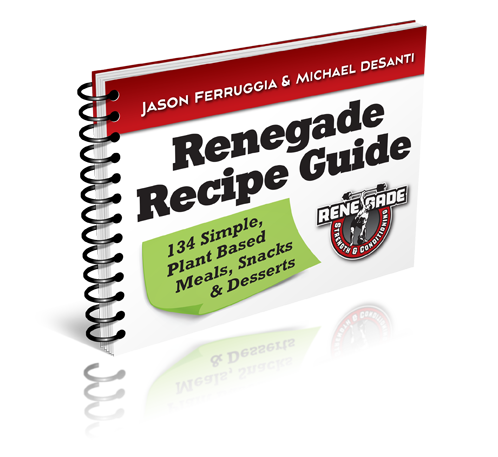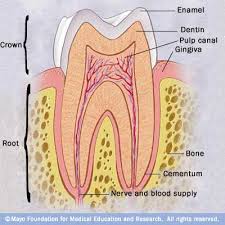AAPCC Joins 30-member Sign-on Letter Supporting the Child Nicotine Poison Prevention Act of 2014
Alexandria, VA (PRWEB) August 19, 2014
The American Association of Poison Control Centers is pleased to be a part of a 30-member group sign-on letter expressing support for Senator Bill Nelson (D-FL) and his introduction of the Child Nicotine Poison Prevention Act of 2014. Along with fellow Senate co-sponsors, this bill urges the U.S. Consumer Product Safety Commission (CPSC) to enact rules requiring safer, child-resistant packaging for any liquid nicotine sold to consumers.
Senate co-sponsors of the bill include: Sen. Michael Bennet (D-CO), Sen. Richard Blumenthal (D-CT), Sen. Barbara Boxer (D-CA), Sen. Sherrod Brown (D-OH), Sen. Dick Durbin (D-IL), Sen. Tom Harkin (D-IA), Sen. Amy Klobuchar (D-MN), Sen. Ed Markey (D-MA), Sen. Jeff Merkley (D-OR), Sen. Mark Pryor (D-AR), Sen. John D. Rockefeller (D-WV) and Sen. Charles Schumer (D-NY).
“With this legislation, we feel that we can proactively prevent unnecessary trauma and heartache for parents by calling for tighter regulations on liquid nicotine,” said John Fiegel, AAPCC Interim Executive Director John Fiegel, CAE. “We are pleased to join 29 of our fellow public health organizations and consumer groups in this show of support as Sen. Nelson moves this bill forward.”
On July 10, 2014, Sen. Nelson introduced S. 2581 on the Senate floor. Speaking at a press conference in Tampa, Fla., the next day, Sen. Nelson questioned, “If we childproof other medicines, like (acetaminophen) and aspirin, why in the world wouldn’t we do this?”
Also speaking at the press conference was Dr. Alfred Aleguas, PharmD, DABAT, director of the Florida Poison Information Center – Tampa, who stated, “Poison Centers have had these e-cigarette products on their radar for a couple of years and have been investigating the concentration (levels) of nicotine products and found that the percentages were off by up to 50 percent. There is no regulation of nicotine concentration.”
Dr. Aleguas continued, “It’s an important initiative to make these products child-resistant. The brightly colored- bottles, fruit flavors and the devices themselves are attractive to children and we have no idea what effects some of the ingredients will cause.”
“Currently, liquid nicotine containers are not required to have the same child-proof packaging standards that pediatricians and parents depend on to keep their children safe from products like household cleaners and prescription drugs,” said James M. Perrin, MD, FAAP, president, American Academy of Pediatrics. “The Child Nicotine Poisoning Prevention Act of 2014 would require these same child safety standards to apply to liquid nicotine containers used to refill e-cigarettes… One more small child exposed to these life-threatening products is one too many.”
The complete list of the 30 organizations is as follows:
American Academy of Otolaryngology – Head and Neck Surgery
American Academy of Pediatrics
American Association of Poison Control Centers
American Association for Respiratory Care
American College of Cardiology
American College of Physicians
American College of Preventive Medicine
American Public Health Association
Arizona Consumers Council
Association of Maternal and Child Health Programs
Association of State and Territorial Health Officials
Boston Public Health Commission
Campaign for Tobacco-Free Kids
Cancer Prevention and Treatment Fund
Chicago Consumer Coalition
Consumer Federation of America
Consumer Federation of California
Consumer Federation of the Southeast
Consumers Union
EverThrive Illinois
First Focus Campaign for Children
Kids in Danger
March of Dimes
Minnesota Department of Health
National Association of County and City Health Officials
Ohio Public Health Association
Partnership for Prevention
Public Citizen
U.S. PIRG
Virginia Citizens Consumer Council
For more information, the media may contact Brett Schuster, AAPCC Associate Manager, Public Relations and Government Affairs, at 703.894.1859 or schuster(at)aapcc(dot)org.
The AAPCC supports the nation’s 55 poison center members in their efforts to treat and prevent drug, consumer product, animal, environmental and food poisoning. Members staff the Poison Help hotline at 1-800-222-1222 that provides free, confidential, expert medical advice 24 hours a day, seven days a week, 365 days a year from toxicology specialists, including nurses, pharmacists, physicians and poison information providers. In addition, the AAPCC maintains the only poison information and surveillance database in the United States, providing real-time monitoring of unusual poisoning patterns, chemical exposures and other emerging public health hazards. The AAPCC partners with federal agencies such as EPA, HRSA and the CDC, as well as private industry.
To learn more, visit http://www.aapcc.org, like us on Facebook, follow us on Twitter, or read our blog at aapcc.wordpress.com. To join your voice with other poison center supporters, register for the AAPCC advocacy network at http://www.capwiz.com/aapcc – click on “Action E-List.”
©Copyright 1997-
, Vocus PRW Holdings, LLC.
Vocus, PRWeb, and Publicity Wire are trademarks or registered trademarks of Vocus, Inc. or Vocus PRW Holdings, LLC.
More Health Foods Press Releases
 Fat Burning Kitchen:Never count calories again
Fat Burning Kitchen:Never count calories again Low Glycemic Veggies
Low Glycemic Veggies 100% protein quinoa grain
100% protein quinoa grain Daily Antioxidant/Natural Remedies
Daily Antioxidant/Natural Remedies Get Truth About Healthy Teeth
Get Truth About Healthy Teeth Healthy Cooking
Healthy Cooking
Leave a Reply
You must be logged in to post a comment.